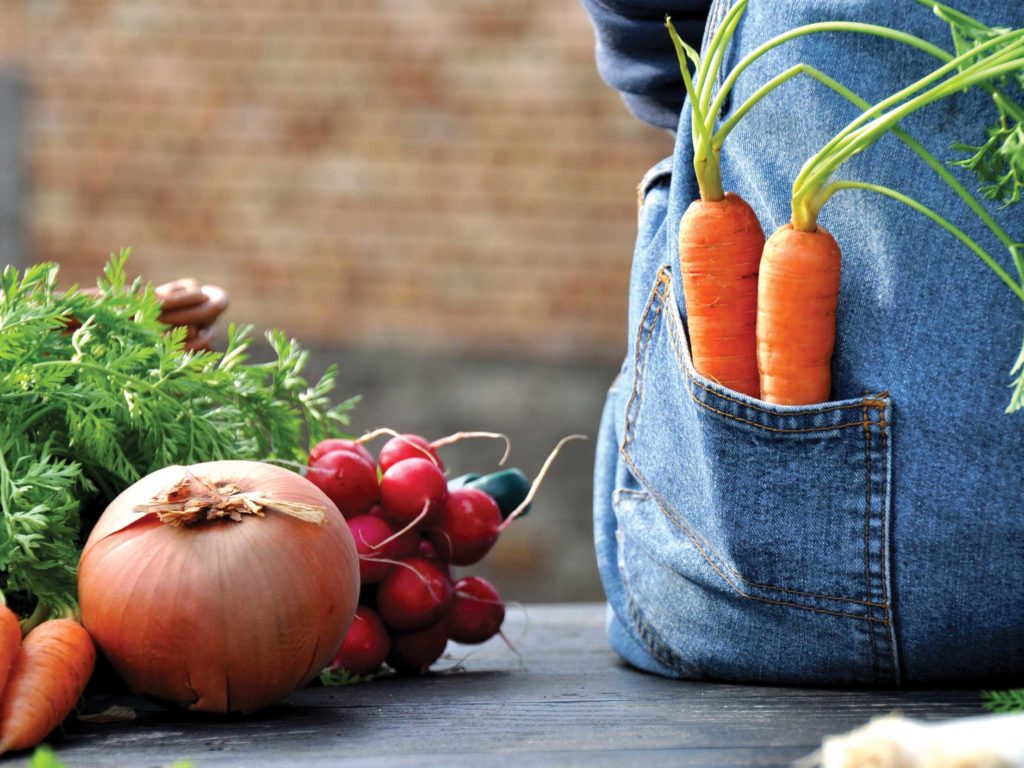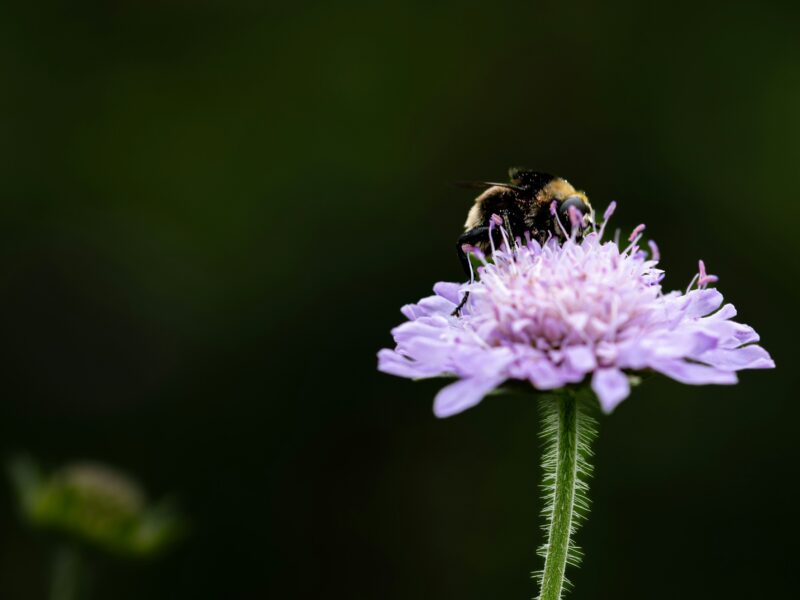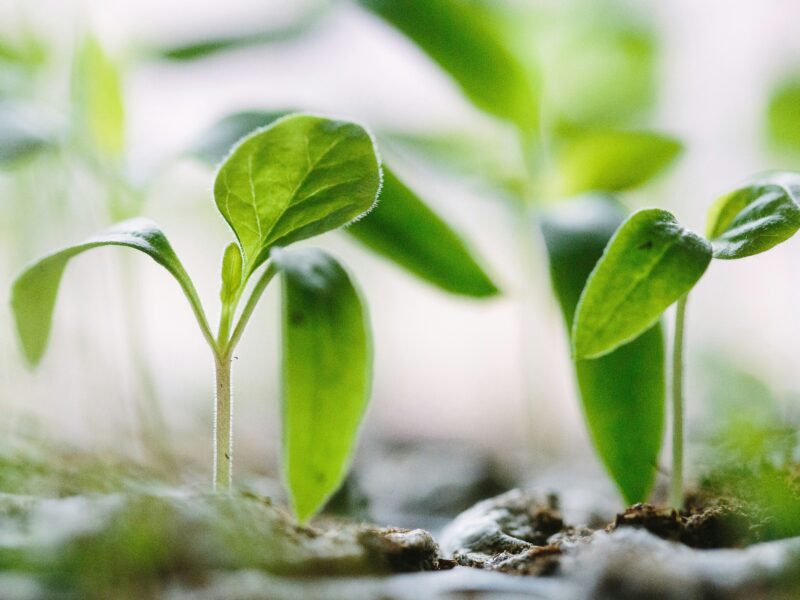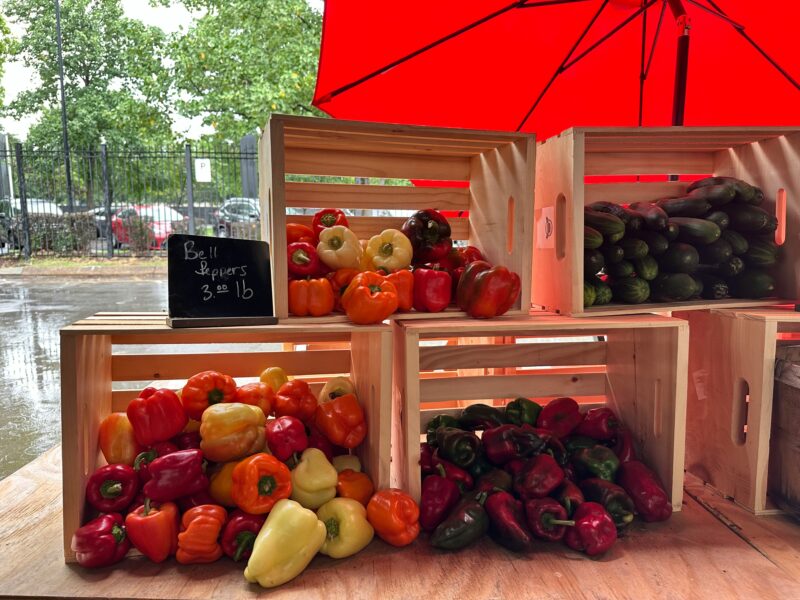The latest study to look at the long-term effects of Roundup raises questions about the herbicide’s possible contributions to poor health in certain communities. GMO arctic apples made news earlier this year when they turned up in the marketplace unlabeled. The arctic apple also known as the non-browning apple was engineered by scientists to extend the shelf life of sliced apples. But natural opal apples are available on the market and never turn brown, making the Arctic apple unnecessary. The Bulgarian Parliament has passed amendments to the Food Act on Thursday prohibiting the promotion of unhealthy foods, including food-containing GMOs, to children. And in India, researchers have found that GMO golden rice trials have led to drastic yield loss and “metabolic meltdown.” Monsanto attacked scientists after studies showed trouble for weed killer dicamba. Also, vinegar may sound like a good alternative to chemicals, but you should think twice before using it. Rodale’s Organic Life breaks down how to have a stunning garden in the middle of winter and HAGA gives three reasons why organic gardeners prefer heirloom, non-GMO seeds.
HAGA Gives 3 Reasons Why Organic Gardeners Prefer Heirloom Non-GMO Seeds
Ask some organic gardeners about the type of seeds they use and heirloom non-gmo seeds will surely come up. Heirloom non-GMO seeds embody the essence of organic gardening, which is why they are planted in so many vegetable gardens today. Gardeners nowadays want to be certain that they’re growing the best-tasting, GMO-free crops—hence the reason for the increasing popularity of heirloom non-gmo seeds. Now, one may wonder what makes heirloom non-gmo seeds suitable for organic gardening. An expert from Home and Garden America (HAGA) breaks it down by explaining the value of heirloom seeds and non-gmo seeds, and how beneficial they are when combined.
Warning of ‘ecological Armageddon’ after dramatic plunge in insect numbers
The abundance of flying insects has plunged by three-quarters over the past 25 years, according to a new study that has shocked scientists. Insects are an integral part of life on Earth as both pollinators and prey for other wildlife and it was known that some species such as butterflies were declining. But the newly revealed scale of the losses to all insects has prompted warnings that the world is “on course for ecological Armageddon”, with profound impacts on human society.
Monsanto Attacks Scientists After Studies Show Trouble For Weed killer Dicamba
In a normal year, Kevin Bradley, a professor of weed science at the University of Missouri, would have spent his summer testing new ways to control a troublesome little plant called water hemp.
This has not been a normal year.
How To Have A Stunning Garden In The Middle Of Winter
Even without its abundant summer vegetation, your garden can look gorgeous. Now’s the time to make it happen.
These Apples Will Never Turn Brown—No Weird GMOs or Lemon Juice Required
Apples are delicious whole, but something about slicing them makes them even more enticing. Maybe it’s because they’re easier to dip into hummus or peanut butter (but ideally caramel sauce), or maybe it’s just the convenience factor. The only problem is, the slices we pack for lunch are always an unappetizing brown by the time we dig them out of the fridge.
Apple slices turn brown because enzymes called polyphenol oxidase (PPO) in the fruit’s flesh react with oxygen in the air. The chemical reaction makes the fruit go from a soft yellow to a rotten looking brown, according to Scientific American. (Find out why apples have little spots on their skin, too.)
Why It Can Be Dangerous To Use Vinegar To Kill Weeds
Vinegar may sound like a good alternative to chemicals, but you should think twice before using it.









